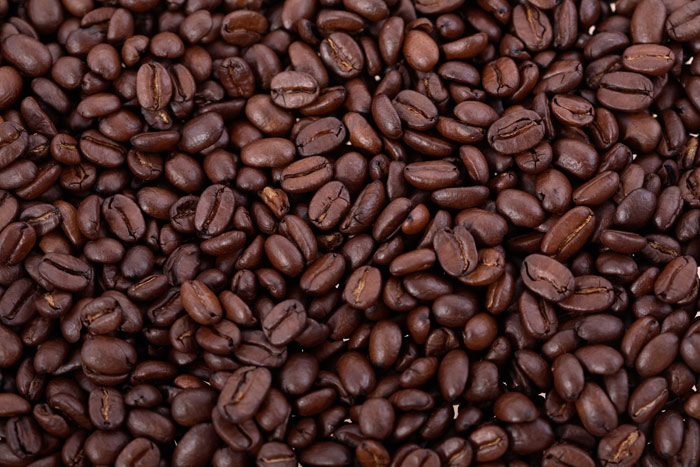For a lot of people coffee is a drink which is a natural ending of a perfect meal. But while most of us won’t agree to get along sans their morning cup, late afternoon and evening coffee could steal you of a sound refreshing sleep at night.

This emerged from a research that was conducted by boffins at Wayne State University, Michigan, and resulted in the fact that more than one cup of coffee drunk up to six hours before going to bed may mean one hour of your sleep lost – and probably more.
Scientists investigated the sleeping habits of a dozen volunteers who agreed to take caffeine pills.
For 4 days, 12 trial members took three pills with 400mg of caffeine (that equals about two or three cups of coffee) first six, then three hours before they retired to bed. The third pill was due the last thing before bedtime.
Every day one of the three pills was replaced by a placebo that contained no caffeine, and there was a day when no pill had caffeine in it.
The study that appeared in the Journal of Clinical Sleep Medicine concluded that this particular intake of caffeine resulted in at least an hour of troubled sleep or problems with falling asleep: the users tossed and fidgeted and couldn’t relax enough to go to sleep. It was enough to urge people to keep off coffee after 5 in the afternoon.
The measurements of sleep were made both subjectively with the help of a sleep diary and objectively with a sleep monitor.
Wayne State University psychiatrist Professor Christopher Drake pointed out that consuming a large coffee right after work already constitutes a threat to a sound night’s sleep – and it is almost like drinking coffee right before going to bed in effect. He said that people tend to ignore the possible disruptive effect of coffee if they have it late in the afternoon.
His opinion is seconded by an American Academy of Sleep Medicine expert, Dr Safwan Badr, who said that sleep specialists have long suspected that caffeine is able to disrupt sleep for very long periods of time since its consumption. So, the present study provided the necessary evidence to support these notions.
The study, to be found in the Journal of Clinical Sleep Medicine, initiates a research into the particulars of effects of caffeine on sleep depending on the time of its consumption. Now it’s clear that after 5 in the afternoon caffeine is highly likely to be disturbing your sleep for quite a long time!
Specialists explain that caffeine, coffee’s main stimulant, inhibits the flow of melatonin, a hormone generated by the pineal gland in the brain; it is responsible for maintaining body rhythms and therefore informs the body when it’s time for sleep and when we must wake up.
A study by Israel scientists proved that caffeine brings down the body’s sleep hormone by half, thus depriving us of about an hour and a half quality sleep.
A British survey revealed that people in the UK spend a yearly sum of £850 million drinking coffee. Bristol University experts showed that a few cups of coffee each morning revs people up for a more efficient performance at work. But if you drink more than four cups daily, it may be indicative of health problems.











